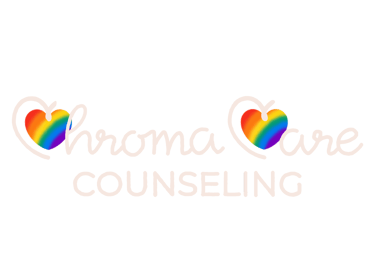
What is Therapy like?
Because each individual has unique issues and therapy goals, the therapy experience varies. Typically, sessions involve discussing current events, relevant personal history, and progress or insights gained from the previous session. Therapy duration depends on specific needs, ranging from short-term solutions to addressing deeper patterns or personal development desires. Regular sessions, usually weekly, are common. Active participation enhances therapy results, with the ultimate goal of applying learned insights to daily life. Therapists may suggest activities outside sessions, such as reading, journaling, or specific actions, to support the therapeutic process. Those seeking psychotherapy are prepared for positive change, open to new perspectives, and take responsibility for their lives.
Does what we talk about in therapy remain confidential?
In nearly all cases, therapy sessions maintain strict confidentiality. By law, therapists are obligated to safeguard your privacy, prohibiting discussion of session content with others. Ethical responsibility reinforces this confidentiality. In rare safety-related situations, limited information may be shared, always with the primary aim of ensuring your safety or that of others.
Do I really need therapy? I can handle my own problems.
Investing in therapy is crucial for your overall health. Although you might have effectively navigated challenges independently, consulting a trained therapist offers a fresh perspective on problem-solving. Opting for therapy demonstrates strength, insight, acceptance, and a dedication to change. Active participation in therapy can bring about enduring cognitive, emotional, and behavioral transformations in your life.
How can therapy help me?
Participating in psychotherapy offers numerous benefits. Therapists provide support for personal growth and skill development, offering an objective perspective to guide you toward solutions. The collaborative nature of therapy means its success depends partly on how well you engage with the process and apply what you learn. Therapy aids in managing mood symptoms, enhancing self-esteem, and improving assertiveness and communication. It fosters cognitive flexibility, allowing alternative perspectives on difficulties, and teaches healthy coping mechanisms for life stressors. Additionally, therapy increases insight, improves mental clarity, and facilitates the modification of unhelpful cognitions and behaviors while fostering the development of new ones.
What about Medication vs Psychotherapy?
The enduring resolution of mental and emotional issues, along with the associated pain, is widely recognized to extend beyond medication alone. Therapy, rather than merely alleviating symptoms, focuses on the root causes of distress and behavior patterns hindering progress. A holistic approach to wellness, integrating therapy with medical guidance, is optimal for achieving sustained growth and enhanced well-being. Collaborating with your medical doctor allows you to determine the most suitable course of action, with instances where a combination of medication and therapy proves to be the most effective approach.
Do you take insurance and how does that work?
We work with patients who are covered by the following insurance companies and we can assist you with figuring out your coverage. We will provide the required documentation for you to be reimbursed. Please feel free to contact us for any insurance or fees related queries.
CareFirst / Blue Cross Blue Shield
Cigna / Evernorth
FAQ
Valerie Medina, LCPC
Currently Providing Telehealth Services for Maryland State Residents
Contact Me
Phone: (240) 847- 4015
Fax: (888) 690-5305
valerie@chromacarecounseling.com
© Copyright 2026 ChromaCare Counseling. All Rights Reserved.
